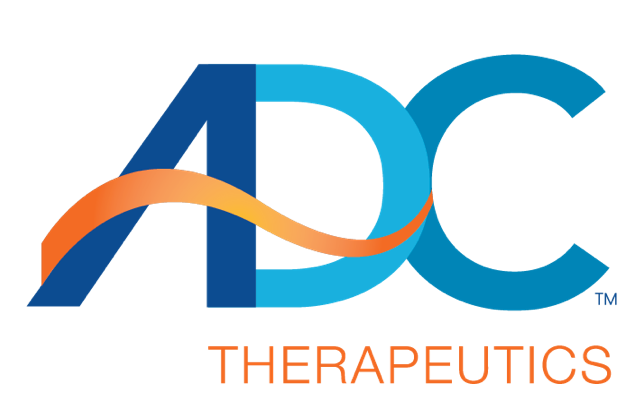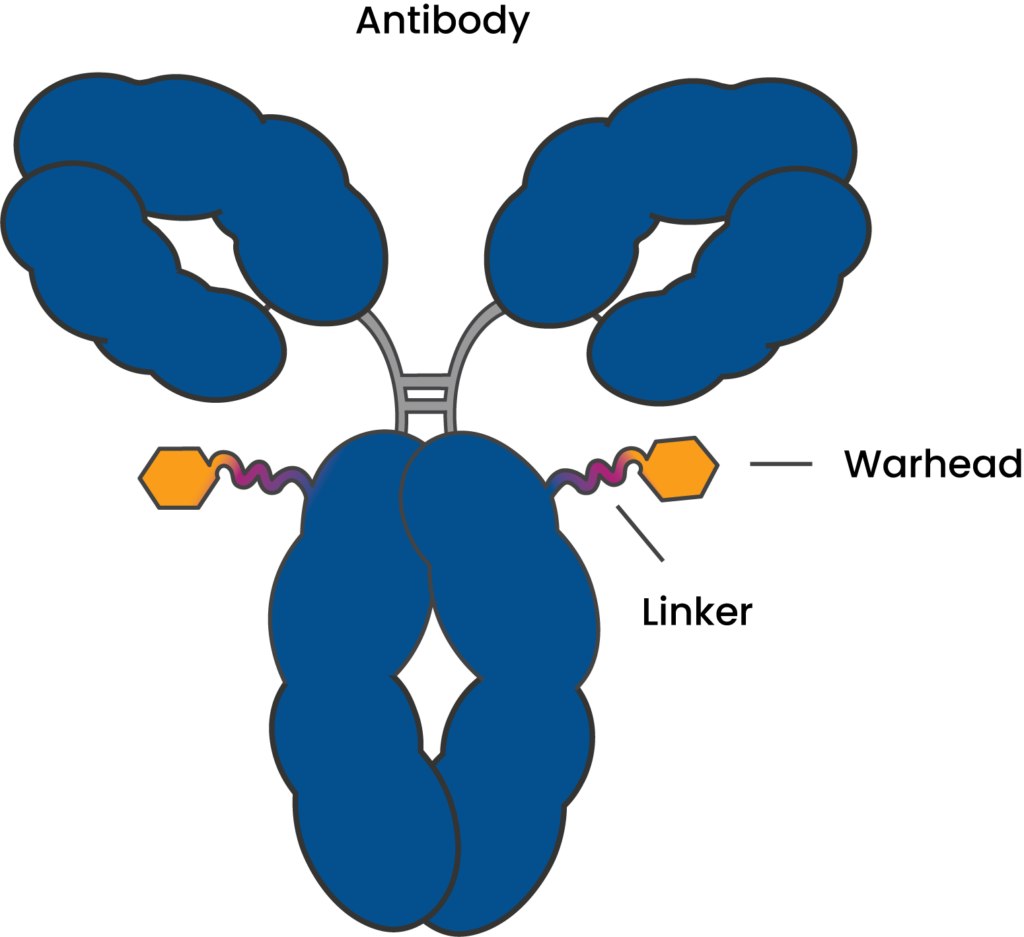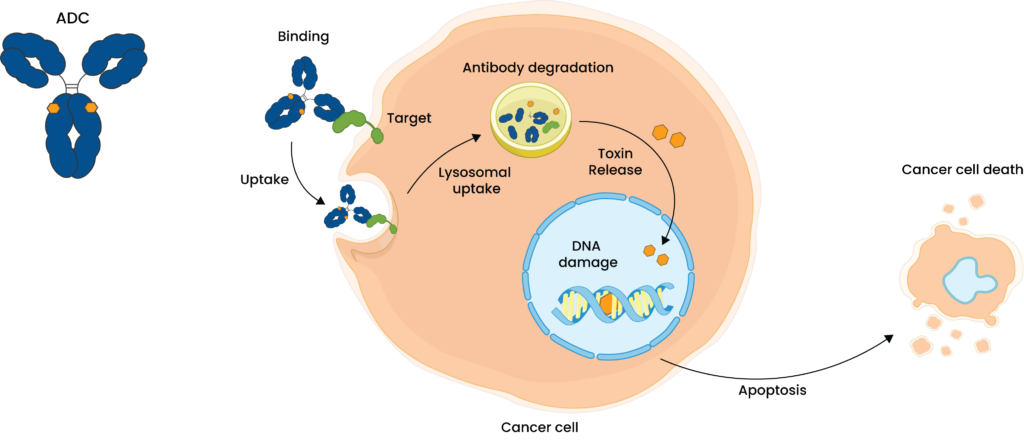VISION AND VALUES
Our Vision
We strive to be a leading antibody drug conjugate company that transforms the lives of those impacted by cancer
Our Values
Integrity – ethical and authentic in our approach
Creativity – innovate with an entrepreneurial spirit
Accountability – ownership to drive results
Collaboration – partner for better outcomes
Urgency – act decisively and proactively
BENEFITS
Being part of ADCT means you are dialed in to a unique and excing professional opportunity. One important way we demonstrate our commitment to you is through our comprehensive benefits programs.
Compensation & Rewards
- Competitive salaries – regularly benchmarked
- Bonuses – all ADCT employees are eligible for a discretionary bonus
- 401-K savings plan with a competitive employer match for US-based employees
- Contributory pension for European-based employees
- Employee Stock Purchase Plan
- Annual Equity Grant
- Employee Rewards & Recognition
Vacation, Holidays, Sick Leave, Health & Well-Being
- We offer a competitive vacation and holiday package
- Health Insurance: focusing on your and your family’s health is just as important as your work. ADCT offers a comprehensive benefits package including group Medical, Dental, Vision and Disability coverage plans, Health Spending Accounts, and a variety of voluntary insurance products*
- Global Wellness Program – ADCT offers a Global Wellness Education program and Global Employee Assistance benefit to all employees, offering opportunities for employees to learn and practice impactful healthy habits
- Hybrid working environment; opportunity to work remotely
Learning & Development
- Development opportunities throughout your career at ADCT
- Access to our comprehensive Learning Management System, providing opportunities for continuous learning and development
*Some benefits may vary based on the country location, eligibility guidelines, and local regulations.
Laurél Tasso, Executive Assistant
Hear colleagues extol the benefits of working at a small and nimble biotech company
- I did work for several years at large pharma, the thing about large pharma is you sometimes get lost as an employee number.
- We have presence over the US and globally but leadership makes it feel like we’re all together in the same culture , so that I enjoy about this company.
- This is a small company, has a small company start-up feel, it’s great to work with so many Innovative people who are good at what they do and are open to new ideas and challenging the status quo
- You can work at larger pharmas where you blend in and not heard, you come to ADCT and if you’re motivated if you’re engaged you can really make a meaningful impact.
- Working at a small biotech is certainly different than working at a large pharma organization I think some of the things I appreciate are the nimbleness.
- At the end of the day that nimbleness and how we can react very quickly is a great thing for patients.
- Really the camaraderie you get with your colleagues when working here, we all wear many hats, so it’s really exciting from a developmental prespective as well, not doing one thing and same thing every day, get to do lots of different things get experiences and exposure you
wouldn’t get at a larger company, but at same time we have the support systems that we need to get our job done, so it’s really like the best of both worlds.
Ana Varela, NJ Office Manager
Ana works tirelessly to help patients, even while battling breast cancer herself
- In 2019 I was diagnosed with stage 4 breast cancer, as anyone who’s been through these types diagnoses I know how devastating it is and how crushing it can be.
- So being able to get on a targeted therapy like that does similar work that our drug would do brought a lot of hope into my life and I’m very grateful for that.
- So this mission here is just personal I’m excited to bring hope to patients and their families.
Chief Business & Strategy Officer, David Gilman
Hear how David Gilman’s personal journey inspired him to join ADC Therapeutics
- I made a choice 25 years ago that vast majority of the work that I did was going to be oncology and cancer research.
- I had at the time lost my fiancee to lung cancer at a young age and so you know, the tug at the heart string was pretty strong.
- And it seemed like sort of the right sweet spot and company evolution that hopefully I could be helpful and have that sense of connection.
- I have a tiny little piece in creating a drug that saves a life, even if it were just one.
- That makes all the difference to me.
Leaving ADC Therapeutics
You are now leaving ADC Therapeutics’ site. ADC Therapeutics does not necessarily endorse the organization associated with this link and takes no responsibility for the content contained therein. This resource link is for informational purposes only. Do you want to continue to the external site and leave ADCTherapeutics.com?
Leaving ADC Therapeutics
You are now leaving ADC Therapeutics’ site. ADC Therapeutics does not necessarily endorse the organization associated with this link and takes no responsibility for the content contained therein. This resource link is for informational purposes only. Do you want to continue to the external site and leave ADCTherapeutics.com?
Leaving ADC Therapeutics
You are now leaving ADC Therapeutics’ site. ADC Therapeutics does not necessarily endorse the organization associated with this link and takes no responsibility for the content contained therein. This resource link is for informational purposes only. Do you want to continue to the external site and leave ADCTherapeutics.com?
Leaving ADC Therapeutics
You are now leaving ADC Therapeutics’ site. ADC Therapeutics does not necessarily endorse the organization associated with this link and takes no responsibility for the content contained therein. This resource link is for informational purposes only. Do you want to continue to the external site and leave ADCTherapeutics.com?
Leaving ADC Therapeutics
You are now leaving ADC Therapeutics’ site. ADC Therapeutics does not necessarily endorse the organization associated with this link and takes no responsibility for the content contained therein. This resource link is for informational purposes only. Do you want to continue to the external site and leave ADCTherapeutics.com?
Leaving ADC Therapeutics
You are now leaving ADC Therapeutics’ site. ADC Therapeutics does not necessarily endorse the organization associated with this link and takes no responsibility for the content contained therein. This resource link is for informational purposes only. Do you want to continue to the external site and leave ADCTherapeutics.com?
Leaving ADC Therapeutics
You are now leaving ADC Therapeutics’ site. ADC Therapeutics does not necessarily endorse the organization associated with this link and takes no responsibility for the content contained therein. This resource link is for informational purposes only. Do you want to continue to the external site and leave ADCTherapeutics.com?
Leaving ADC Therapeutics
You are now leaving ADC Therapeutics’ site. ADC Therapeutics does not necessarily endorse the organization associated with this link and takes no responsibility for the content contained therein. This resource link is for informational purposes only. Do you want to continue to the external site and leave ADCTherapeutics.com?
Leaving ADC Therapeutics
You are now leaving ADC Therapeutics’ site. ADC Therapeutics does not necessarily endorse the organization associated with this link and takes no responsibility for the content contained therein. This resource link is for informational purposes only. Do you want to continue to the external site and leave ADCTherapeutics.com?
Leaving ADC Therapeutics
You are now leaving ADC Therapeutics’ site. ADC Therapeutics does not necessarily endorse the organization associated with this link and takes no responsibility for the content contained therein. This resource link is for informational purposes only. Do you want to continue to the external site and leave ADCTherapeutics.com?
Leaving ADC Therapeutics
You are now leaving ADC Therapeutics’ site. ADC Therapeutics does not necessarily endorse the organization associated with this link and takes no responsibility for the content contained therein. This resource link is for informational purposes only. Do you want to continue to the external site and leave ADCTherapeutics.com?
Leaving ADC Therapeutics
You are now leaving ADC Therapeutics’ site. ADC Therapeutics does not necessarily endorse the organization associated with this link and takes no responsibility for the content contained therein. This resource link is for informational purposes only. Do you want to continue to the external site and leave ADCTherapeutics.com?
Leaving ADC Therapeutics
You are now leaving ADC Therapeutics’ site. ADC Therapeutics does not necessarily endorse the organization associated with this link and takes no responsibility for the content contained therein. This resource link is for informational purposes only. Do you want to continue to the external site and leave ADCTherapeutics.com?
Leaving ADC Therapeutics
You are now leaving ADC Therapeutics’ site. ADC Therapeutics does not necessarily endorse the organization associated with this link and takes no responsibility for the content contained therein. This resource link is for informational purposes only. Do you want to continue to the external site and leave ADCTherapeutics.com?
Leaving ADC Therapeutics
You are now leaving ADC Therapeutics’ site. ADC Therapeutics does not necessarily endorse the organization associated with this link and takes no responsibility for the content contained therein. This resource link is for informational purposes only. Do you want to continue to the external site and leave ADCTherapeutics.com?
Leaving ADC Therapeutics
You are now leaving ADC Therapeutics’ site. ADC Therapeutics does not necessarily endorse the organization associated with this link and takes no responsibility for the content contained therein. This resource link is for informational purposes only. Do you want to continue to the external site and leave ADCTherapeutics.com?
Leaving ADC Therapeutics
You are now leaving ADC Therapeutics’ site. ADC Therapeutics does not necessarily endorse the organization associated with this link and takes no responsibility for the content contained therein. This resource link is for informational purposes only. Do you want to continue to the external site and leave ADCTherapeutics.com?
Leaving ADC Therapeutics
You are now leaving ADC Therapeutics’ site. ADC Therapeutics does not necessarily endorse the organization associated with this link and takes no responsibility for the content contained therein. This resource link is for informational purposes only. Do you want to continue to the external site and leave ADCTherapeutics.com?
Leaving ADC Therapeutics
You are now leaving ADC Therapeutics’ site. ADC Therapeutics does not necessarily endorse the organization associated with this link and takes no responsibility for the content contained therein. This resource link is for informational purposes only. Do you want to continue to the external site and leave ADCTherapeutics.com?
Leaving ADC Therapeutics
You are now leaving ADC Therapeutics’ site. ADC Therapeutics does not necessarily endorse the organization associated with this link and takes no responsibility for the content contained therein. This resource link is for informational purposes only. Do you want to continue to the external site and leave ADCTherapeutics.com?
Leaving ADC Therapeutics
You are now leaving ADC Therapeutics’ site. ADC Therapeutics does not necessarily endorse the organization associated with this link and takes no responsibility for the content contained therein. This resource link is for informational purposes only. Do you want to continue to the external site and leave ADCTherapeutics.com?
Leaving ADC Therapeutics
You are now leaving ADC Therapeutics’ site. ADC Therapeutics does not necessarily endorse the organization associated with this link and takes no responsibility for the content contained therein. This resource link is for informational purposes only. Do you want to continue to the external site and leave ADCTherapeutics.com?
Leaving ADC Therapeutics
You are now leaving ADC Therapeutics’ site. ADC Therapeutics does not necessarily endorse the organization associated with this link and takes no responsibility for the content contained therein. This resource link is for informational purposes only. Do you want to continue to the external site and leave ADCTherapeutics.com?
Leaving ADC Therapeutics
You are now leaving ADC Therapeutics’ site. ADC Therapeutics does not necessarily endorse the organization associated with this link and takes no responsibility for the content contained therein. This resource link is for informational purposes only. Do you want to continue to the external site and leave ADCTherapeutics.com?
Leaving ADC Therapeutics
You are now leaving ADC Therapeutics’ site. ADC Therapeutics does not necessarily endorse the organization associated with this link and takes no responsibility for the content contained therein. This resource link is for informational purposes only. Do you want to continue to the external site and leave ADCTherapeutics.com?
Leaving ADC Therapeutics
You are now leaving ADC Therapeutics’ site. ADC Therapeutics does not necessarily endorse the organization associated with this link and takes no responsibility for the content contained therein. This resource link is for informational purposes only. Do you want to continue to the external site and leave ADCTherapeutics.com?
Leaving ADC Therapeutics
You are now leaving ADC Therapeutics’ site. ADC Therapeutics does not necessarily endorse the organization associated with this link and takes no responsibility for the content contained therein. This resource link is for informational purposes only. Do you want to continue to the external site and leave ADCTherapeutics.com?
Leaving ADC Therapeutics
You are now leaving ADC Therapeutics’ site. ADC Therapeutics does not necessarily endorse the organization associated with this link and takes no responsibility for the content contained therein. This resource link is for informational purposes only. Do you want to continue to the external site and leave ADCTherapeutics.com?







